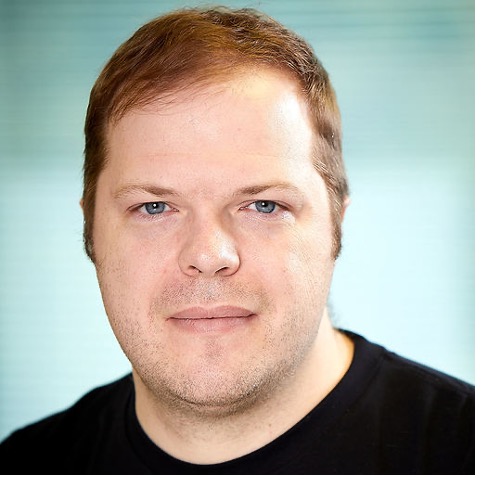Neurodiversity @ IBM
Dustin Heywood: The “Evil” Hacker Using his Neurodivergent Mind for Good
Meet Dustin “EvilMog” Heywood, Senior Managing Consultant for IBM X-Force Red

Dustin Heywood, a hacker for IBM X-Force Red, and his brilliant mind can typically be found solving complex cybersecurity issues, but what you might not know is he’s able to do so at a high-speed as a result of being neurodivergent.
Dustin has high functioning Autism Spectrum Disorder (ASD), previously referred to as Asperger’s, a diagnosis on the autism spectrum. EvilMog, his hacker name, reflects his curiosity and innate ability to critically think like a cybercriminal to help clients protect themselves. While his diagnosis might keep him from naturally socializing, it also allows his brain to function at an exceptional pace. This can be beneficial for tasks that require attention to detail, hyper focus and repetitiveness.
These benefits weren’t evident growing up in Calgary, Alberta, Canada, where neurodiversity wasn’t commonly understood. When Dustin had trouble doing things like gripping a pencil or knowing where to place his idle hands, but had no problem handling high level math and computer science - his school had a tough time understanding.
As a teenager, Dustin was finally diagnosed, and he wasted no time taking steps to ensure it wouldn’t be a burden. As an adult, he found himself taking on roles in telemarketing and sales to develop social skills. His goal was to put himself in situations that would help him grow personally, thus assisting him professionally.
His niche interests in computers led him to cybersecurity, an industry he doesn’t view as a nine-to-five job, but a passion he enjoys immersing himself in. The logic, routine and analysis needed for security is an environment Dustin thrives in, allowing him to not only leverage his unique skills, but also be himself in a world of like-minded individuals. The cybersecurity industry is home to a range of neurodivergent professionals, which has surrounded Dustin with the community he didn’t have growing up.
One might think Dustin’s high functionality would make life easier, but it actually makes it hard for others to understand that his brain still works differently than theirs. On the surface he seems neurotypical, but underneath Dustin still has to work on things like proper communication or being overly obsessive – things that don’t come naturally to him.
That’s why Dustin believes the workforce should be educated on the fact that people’s brains function in many different ways. He also thinks neurodiversity shouldn’t be viewed as a handicap, but simply a different way of thinking. Neurodivergent employees don’t want to be singled out, or have their hands held. Instead, they should be considered the same as any other employee that requires resources to do their job - similar to someone who needs a particular keyboard, or a guide dog.
Dustin says employers shouldn’t shine a spotlight on neurodivergent professionals. In fact, it should be no big deal, encouraging employers to treat those in the community as humans and clarifying that they’ll raise their hands if they need help – otherwise, consider it business as usual.